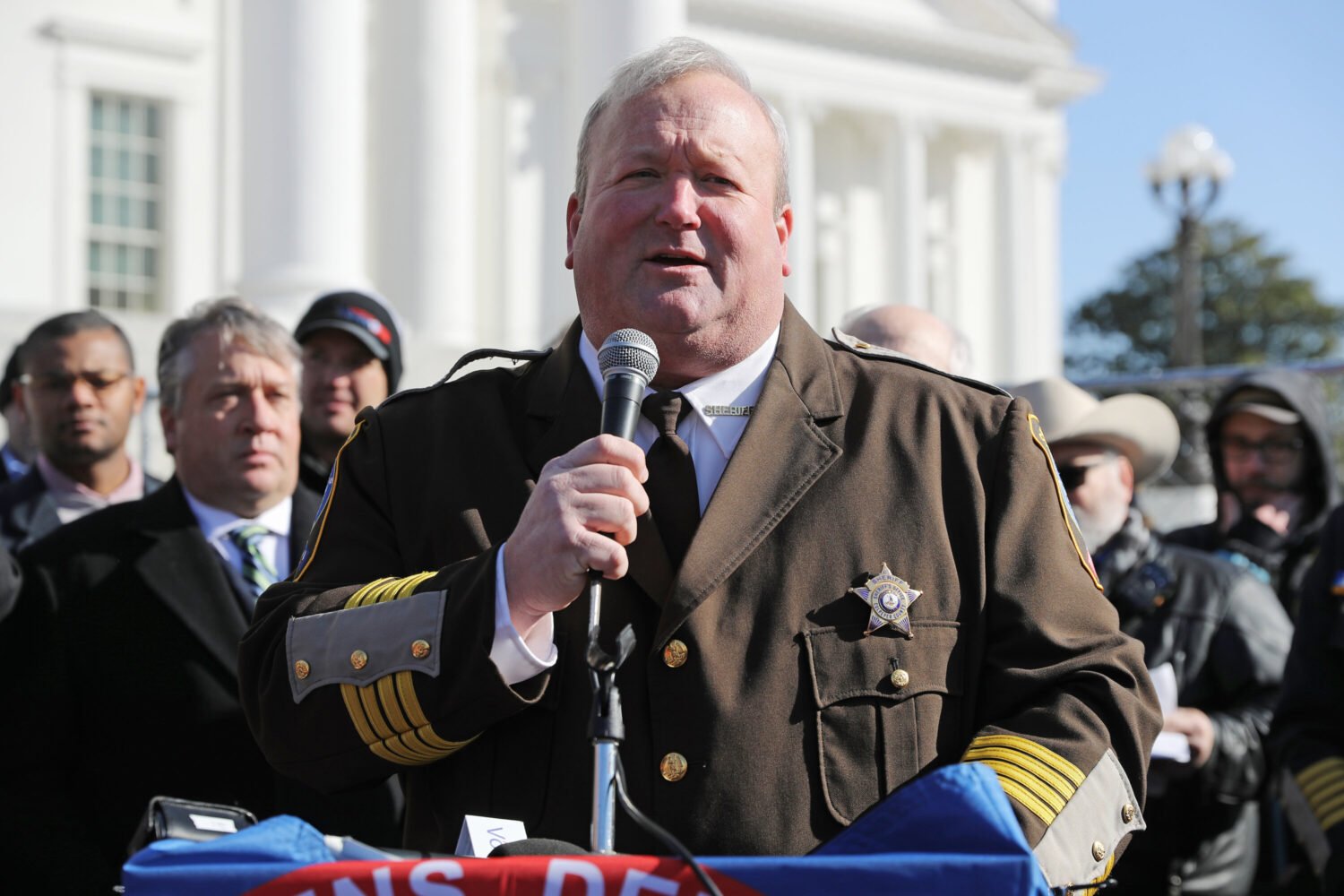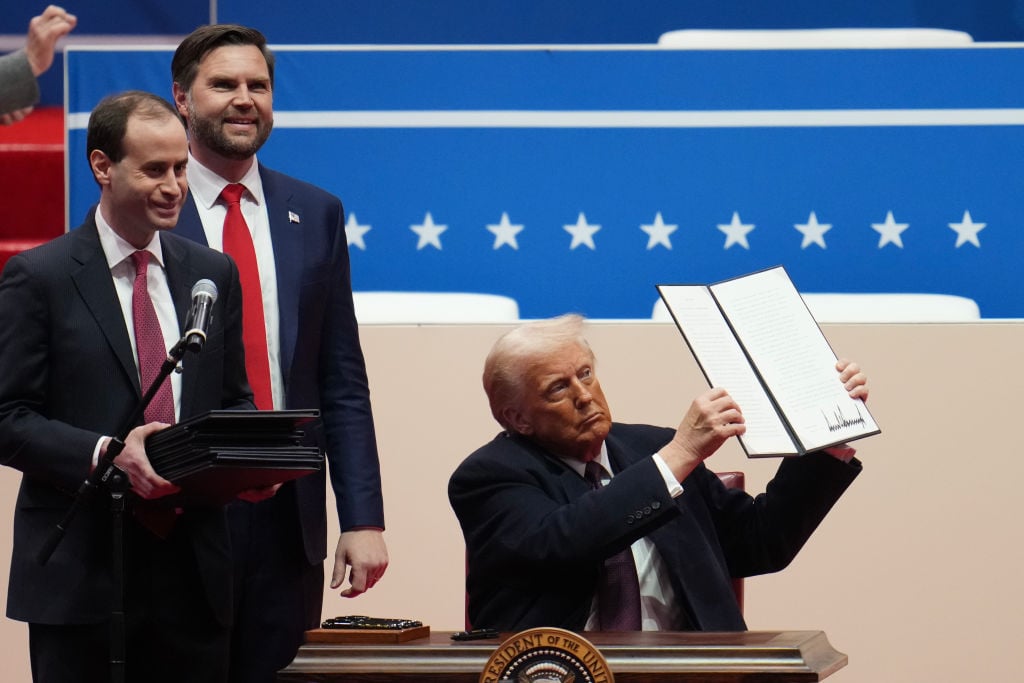About Coronavirus 2020
Washingtonian is keeping you up to date on the coronavirus around DC.
To use the argot of public health experts, the COVID-19 virus has a new transmission vector in America: partisanship.
Polls have unsurprisingly showed a yawning gap between Democrats and Republicans over their political interpretations of the coronavirus, such as how they rate President Trump’s handling of the outbreak so far.
But new data suggests that these beliefs are also playing a role in Americans’ personal decisions about their own health—and that steps recommended by experts to prevent the spread of the virus are increasingly superseded by partisan identity. The findings come from a Reuters/Ipsos poll released Friday. The survey asked Americans how they were responding to the outbreak, posing questions about personal hygiene and other preventive measures.
Across a variety of measures, the data finds that Republicans are taking fewer steps to prevent the spread of the disease. Fewer Republicans than Democrats said that they had worked from home (3 percent, compared to 6 percent of Democrats); that they were altering traveling plans (3 percent, compared to 8 percent of Democrats); and that they had purchased preventative materials for the virus (6 percent, compared to 11 percent of Democrats).
The starkest contrast, however, shows up in subject of personal hygiene.
By a margin of ten percent, Republicans are less likely to say that they are “washing my hands or using disinfectant more frequently.” Thirty-eight percent of Republicans said yes, compared to 48 percent of Democrats.
Republicans were also less likely to avoid physical contact that might transmit the virus, such as handshakes (14 percent of Republicans, compared to 21 percent of Democrats).
All told, a 14-point margin separates Democrats and Republicans when it comes to altering daily routines: 46 percent of Republicans, dwarfed by 60 percent of Democrats.
The reason isn’t complicated. Democrats and Republicans in the poll differ on how seriously the coronavirus outbreak poses in daily life—with 66 percent of Democrats calling it a somewhat or “imminent” threat, compared to 41 percent of Republicans who do, a 25-point margin of difference.
In recent weeks, President Trump has described public anxieties about the virus as a “new hoax” stoked by his political enemies and the media, and sowed doubt about World Health Organization figures. Trump’s surrogates have also framed the viral outbreak in partisan terms, with outgoing Chief of Staff Mick Mulvaney accusing Trump’s enemies of using the virus to “take down the president.”
Previous studies by political scientists, such as Michael Tesler at UC Berkeley, have shown that in a highly partisan society, even banal facts and details can be polarized along party lines (one random example: President Obama’s dog, Bo).
Simply put: It appears that when the President speaks, his followers listen, even when their health is on the line.


















